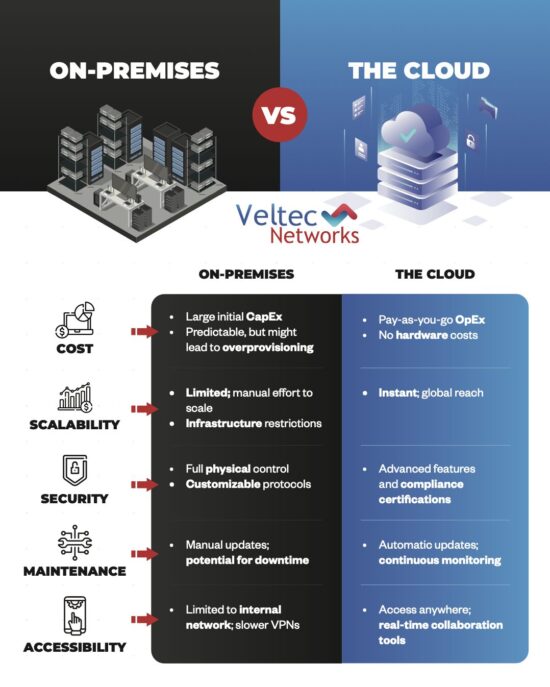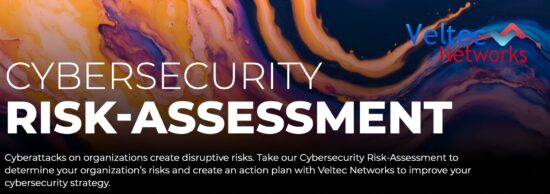Stop Oversharing Personal Information on Social Media — It Makes You a Potential Cybercrime Target
Before hitting the “Post” button next time, rethink how criminals can use the innocent-looking post against you.
While it’s part of life today — and, understandably, people want to share — your social media update can lead to a hack or a scam. The hacking technology is evolving every day, and you don’t know how scammers or hackers will use what you share against you.
Oversharing personal information makes you a potential victim of cybercrime. The more you share, the more criminals can denote your location, get your context and relationship with others, and have access to more personal information to use against you.

Some Social Media Posts That Make You Susceptible to Hackers
Several posts social media posts can make you susceptible to hackers, scammers, or other crimes. Consider the following instances:
- Posting that you’ll be out of the town for a week might appear fun and harmless, but it can also tip off burglars that your home will be empty. Such a post will be a security risk, not just a cyber security risk.
- Sharing your new address or phone number can make it easy for identity thieves to steal your personal information.
- Posting your new car or other high-value items can make you a thief target.
Avoid sharing information such as:
- Your birthday
- Vacation plans
- Overseas travel plan
- New address
- Phone number
- Checking in everywhere you go
Sharing personal information with the public makes you susceptible to hackers and criminals trying to break into your online account.
Avoid Oversharing on Social Media Unless Necessary
Social media is an ever-present part of modern life that allows you to share life experiences with family and friends. However, if you aren’t careful, you can overshare personal information or share with a huge audience you don’t expect.
Sharing personal information on social media makes it easier for criminals to learn important information about you.
If it’s a must you overshare some personal information, you should proceed with caution. You must watch out for what you post for both personal and business crisis management.
How to Share Information Safely on Social Media
You can take some measures to protect yourself from oversharing your information and protect your privacy.
1. Reconsider what you share: Once you post something on social media, you cannot fully delete it. People on social media are quick to save a copy of what you send. Even if you pull your post back off, the post is out there, and someone could share it or use it in a harmful way. Check if hackers or criminals can extract any part of the information you share on your post and use it against you or your family and friends.
2. Limit the audience when sharing sensitive information: Nearly all social media sites allow you to choose people to share your post. Invest a few minutes into understanding your social media sharing feature and consider setting several special groups such as:
- Family
- Former classmates
- Workmates
With these special groups, you can share your post with a relevant audience and avoid exposing personal data to the wrong audience that would use it against you. Some posts will be appropriate for the public and will require no audience restrictions.
3. Curate your friends’ list: Review who you’ve connected with on social media and remove anyone you feel uncomfortable sharing your content with.
4. Limit the information you share when creating social accounts: When creating a social media account, minimize the amount of detailed information you provide. Criminals can use specifics about hobbies, birthdays, finances, and work history to prepare an attack against you. Re-examine the information you make public and make info like friend lists private.
5. Protect against geotagging: You can post great vacation posts, but it’s best to post them when you’re already back home to prevent burglars from attacking you when you’re at home. Sharing your location and geotagging can let criminals know when no one is home for them to launch an attack.
6. Don’t share financial information with anyone on social media: Avoid sharing personal information with anyone on social media — even a potential date. You should be suspicious of anyone who starts asking you about your financial situation.
7. Be selective when accepting friend requests: When you receive requests from people you’re unfamiliar with, you should be selective. If the person appears suspicious to you, reject the friend request. You shouldn’t worry about hurting people’s feelings because it’s better to be safe.
Personal and Financial Information are Currency of Cybercriminal
Criminals online look for personal and financial information. The information helps them steal identities that can give them access to your accounts and bank information or obtain loans and credit cards in your name.
You need to be cautious with how much personal information you reveal on social media. Sharing your phone number address, phone number, birthday, and other sensitive information poses a great risk of identity theft, harassment, and stalking.
Attackers can piece together your identity from the information you share on social media and use it against you.
How To Protect Your Confidential Information on Social Media
There are different ways to ensure that confidential information on social media doesn’t land in the wrong hands. The first move you can take is to ensure that your personally identifying information never gets exchanged with other social networking apps to improve data protection.
If you have data that include your identity, your telephone numbers, email address, and record of your family and friends on social media, you should delete it. You shouldn’t post details online because you don’t want such information in the wrong hands.
Veltec Networks Can Help Your Business Stay Safe Online
At Veltec Networks, we can show you how to manage the risks of a cybersecurity breach and ensure you stay safe online. Our cybersecurity experts have helped businesses throughout The Bay Area keep their customer’s records, accounting data, emails, and computer networks safe from cybercriminals for over two decades.
We can help your business, too. Contact us today to get help on how your business can stay safe online and worry less about cybercriminals ruining several years of your hard work.






